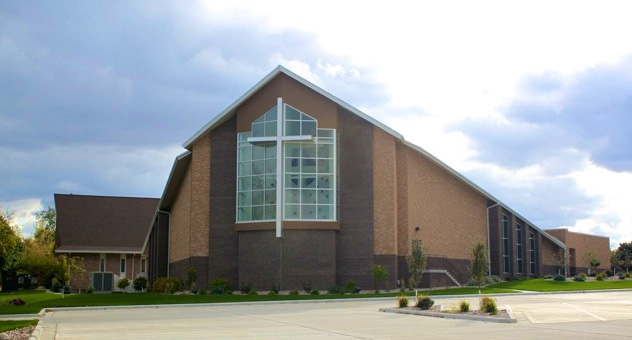“I’m tired, boss. Mostly, I’m tired of people being ugly to each other.” These words came from the mouth of death row inmate, John Coffey, in the movie The Green Mile as the prison guard struggles with the possibility of Coffey’s innocence. I can echo those words; maybe you can too. I’m tired; tired of the ugly. Tired of ugly actions, ugly attitudes, and ugly words. Tired of ugliness in families, between friends, at retail stores and schools and meetings, on the news, on social media, in the church, and in the mirror.
Backstabbing, shaming, name calling, pot-stirring, belittling, aggression, passivity, apathy, defensiveness, self-righteousness… it’s all ugly. Ugliness seems to be running rampant while beauty seems to be in short supply. Or is that just what the enemy wants me to believe? Is my mind being trained to see the ugly rather than the beautiful?
A question was posed to me during a recent conversation that has been stirring in my thinker. “What is beautiful in your life?” I didn’t have an immediate answer. Maybe I’ve become too accustomed to looking at the ugly. Perhaps my rose colored glasses have been stained.
Beautiful, according to Google, means “pleasing to the senses or mind.” Sights, sounds, smells, tastes, touches, thoughts… What is beautiful in my life? I started a list:
- A cool evening breeze
- Open windows
- Marigolds full of blooms
- Aroma of fresh cut grass
- Baby birds chirping in their nest
- The ‘pop’ of canning jars sealing
- Buttered sweet corn
- Rodent traps that did their job
- Mask-free conversations
- Friendly phone call dialed on accident
- 60 years married for Mom & Dad
- Forbidden hugs
- Helping hands
- Fresh Starts
The beautiful is there in the midst of the ugly. I just need to look for it. I think this is what Peter is talking about when he says “Be of sober spirit, be on the alert. Your adversary, the devil, prowls around like a roaring lion, seeking someone to devour” (1 Peter 5:8). Wouldn’t that be just like the devil to distract us with our own thoughts and senses, focusing our attention on the ugly rather than the beautiful.
It’s like weeds and flowers. A friend has been volunteering many hours pulling weeds around the church property, especially in the rain gardens by the highway. From the roadway it appears like everything is healthy and green. But take a closer look and the actual shrubs and flowers were overgrown with thistles and vines and weeds of all kinds. Some weeds were so big we had to confer with Gardener George that they were indeed weeds and not plants to be saved. As happens in most gardens, the ugly weeds and the beautiful flowers grow up side by side, and if nothing is done to control the weeds, they will soon take over. As sinful, selfish people, our default is weed watering instead of weed pulling. But we need to nourish the flowers (the beautiful) and pull the weeds (the ugly).
Paul reminds us in Romans 12:2, “Do not be conformed to this world, but be transformed by the renewal of your mind.” Our mind is a powerful tool. May it be said of us that we trained and renewed our mind to see the beautiful.
Erin Jacobsma








